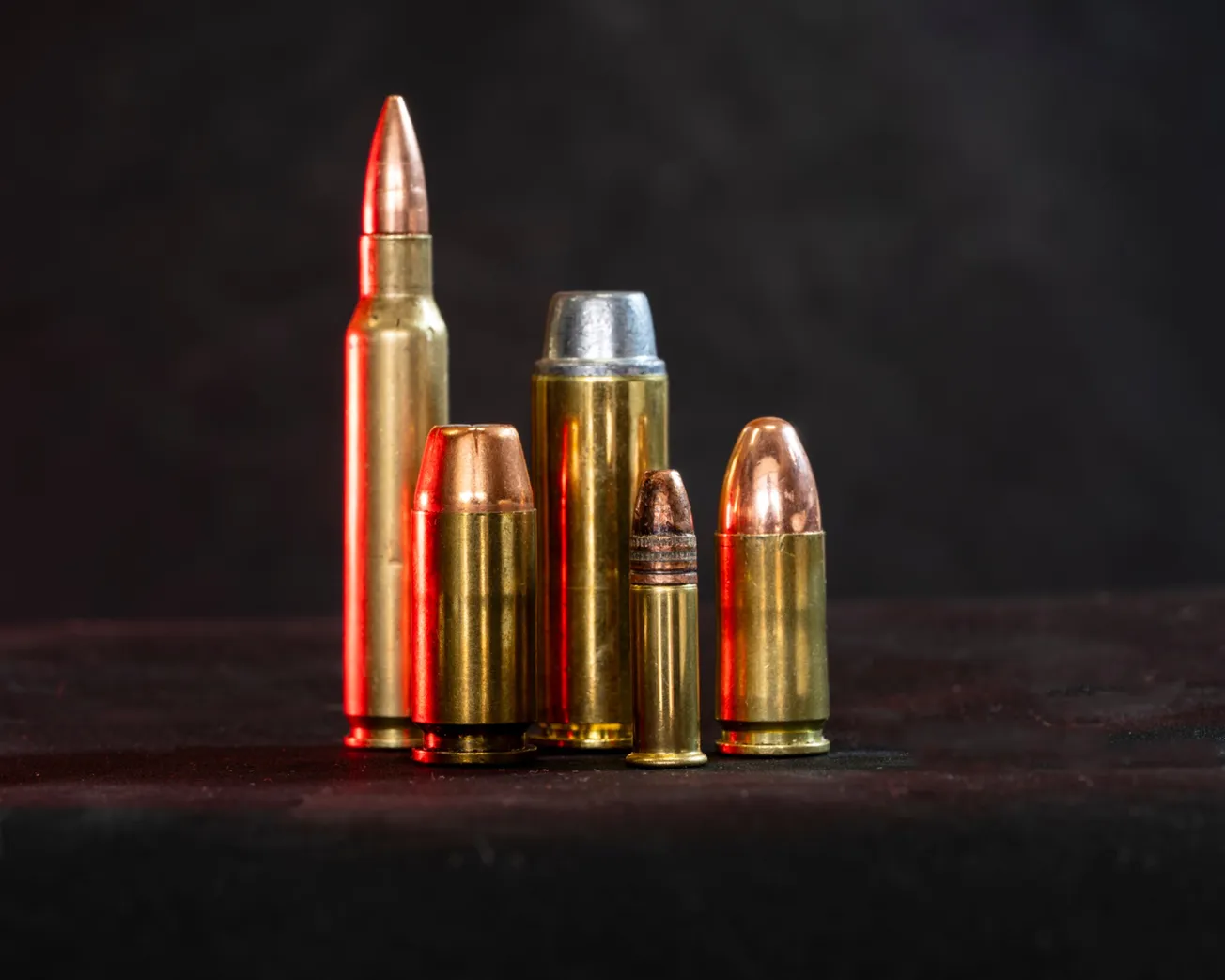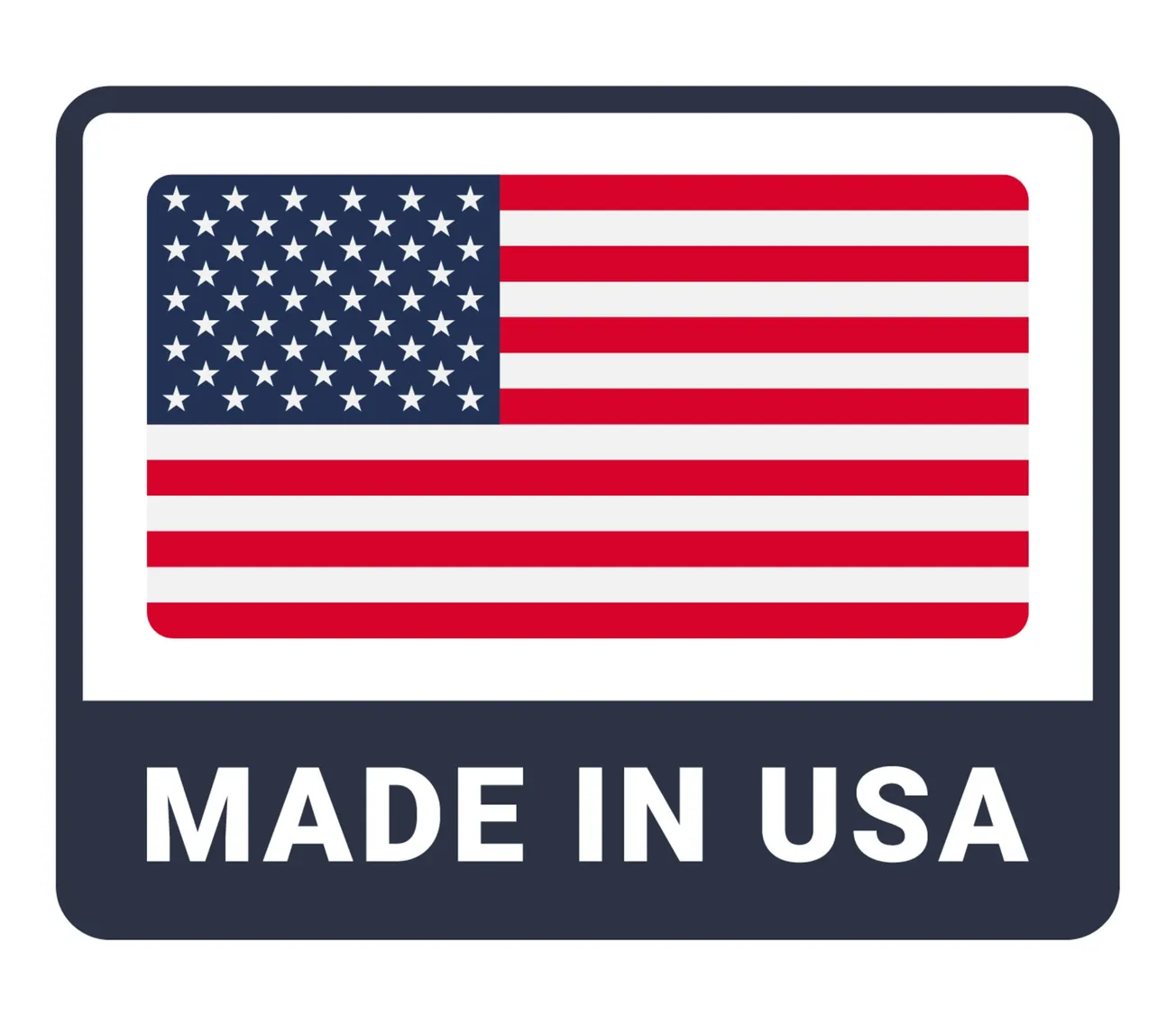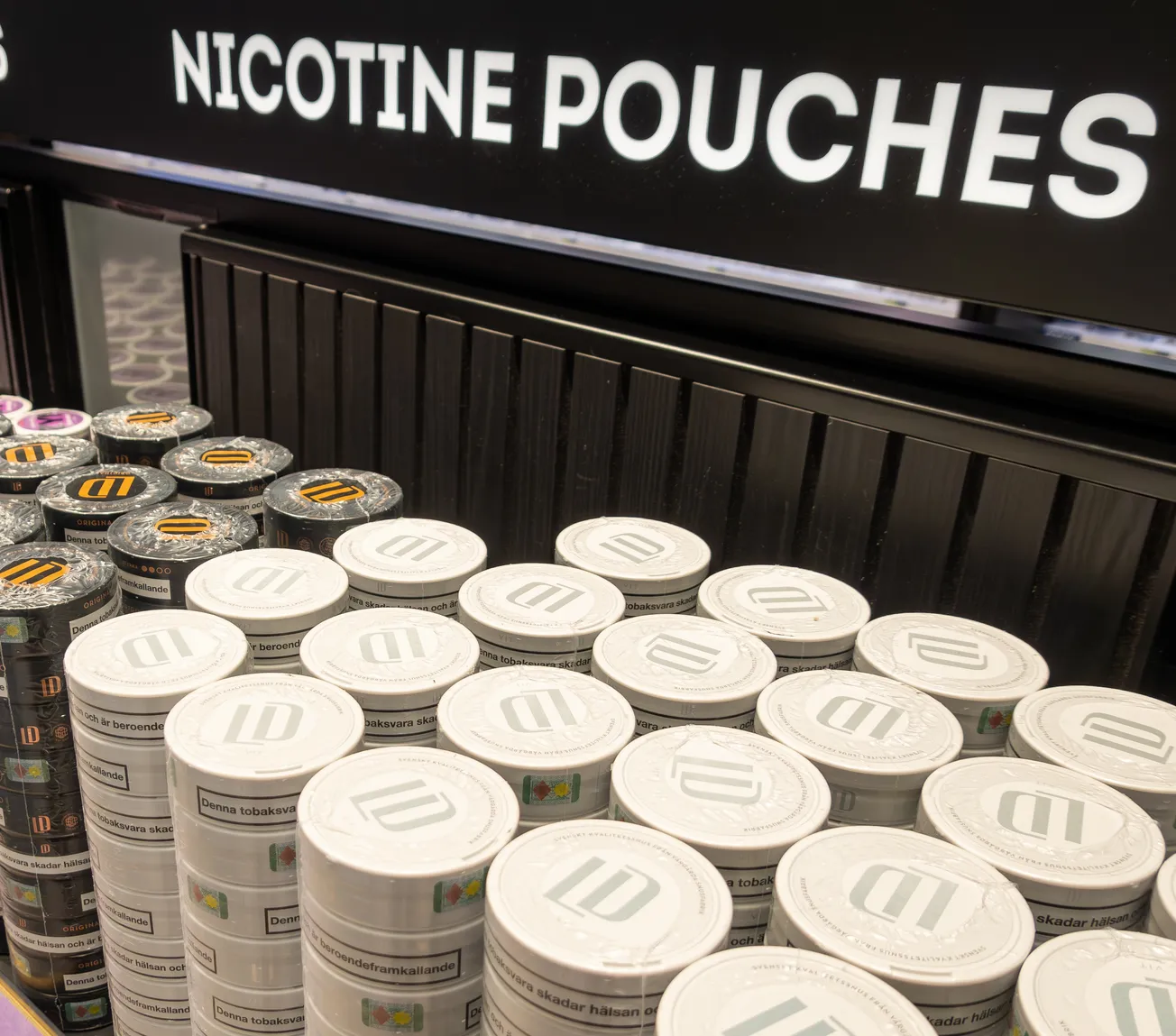Walmart, aiming to expand its drone delivery program, is facing significant hurdles, including regulatory challenges, technological integration, and cost-effectiveness. This recent incident highlights another potential obstacle: the risk of drones being shot down by civilians.
In a recent incident in Florida, a man was arrested for shooting down a Walmart delivery drone. Dennis Winn, the accused, fired a single shot from his 9mm pistol, hitting the drone as it flew roughly 75 feet above his home. Winn claimed he believed the drone was surveilling him, leading him to shoot it.
The destroyed drone's payload system was valued at around $2,500.
The Federal Aviation Administration's stance, based on a 2016 drone shooting incident in Arkansas, treats shooting at drones with the same severity as firing at manned aircraft, a felony offense that can result in up to 20 years in prison. Despite this, drone shootings are not uncommon in the U.S.
Walmart and other companies like Amazon, Doordash, and FedEx are investing heavily in drone delivery systems. However, the high costs and incidents like this one raise questions about the feasibility and safety of widespread drone delivery services. As drone delivery programs expand, the legal ramifications and enforcement of federal laws will likely become more stringent to prevent further incidents.
Downed drones aren’t Walmart’s first experience in gun-related decision making.
In 2018, Walmart raised the minimum age to purchase firearms and ammunition from 18 to 21. The company had already stopped selling modern sporting rifles, including the AR-15.
In 2019, following a multiple-fatality shooting at a Walmart store in El Paso, Texas, the company further restricted its inventory by discontinuing the sale of ammunition for large-capacity magazines and exiting the handgun market entirely.
Walmart’s remaining firearm sales focus on hunting and sport shooting.
Walmart requires background checks for all firearm purchases, regardless of federal regulations that allow sales after a three-day waiting period if approval isn’t received. Additionally, firearm sales are videotaped, and only trained associates are permitted to handle these transactions.
Following El Paso, the company also requested customers to refrain from openly carrying firearms in its stores, even in states where open carry is permitted. This policy aims to prevent panic and ensure the safety of customers and employees, although it does not affect customers with concealed carry permits.
Walmart estimated that the changes would reduce its market share of ammunition from around 20% to 6-9%. However, the loss from decreased ammunition sales—estimated at $20-30 million in 2019—represents a minor fraction of Walmart’s overall earnings.
While Walmart limited gun and ammo selection in recent years, a new ammunition retail option has popped up in certain areas of the US.
Over the Fourth of July weekend, a vending machine selling firearm ammunition was quickly installed and then removed from a Fresh Value grocery store in Tuscaloosa, Alabama.
This brief appearance was not an isolated incident, as similar machines have surfaced in other supermarkets across the southern United States.
The vending machines, from American Rounds, employ artificial intelligence and card scanning technology to verify that customers are 21 years or older. CEO Grant Magers emphasized that the machines are designed to prevent underage purchases and reduce theft, common issues in traditional retail environments.
In addition to the Tuscaloosa location, American Rounds has installed machines in Pell City, Alabama; Canyon Lake, Texas; and four Super C Mart stores in Oklahoma. The company has received over 200 store requests for these units across nine states.
The Bureau of Alcohol, Tobacco, Firearms and Explosives has confirmed that the vending machines are legal and do not require a special license. However, commercial sales of ammunition must still comply with state and federal laws.
The Fresh Value in Tuscaloosa cited a lack of sales as the reason for removing the machine.





